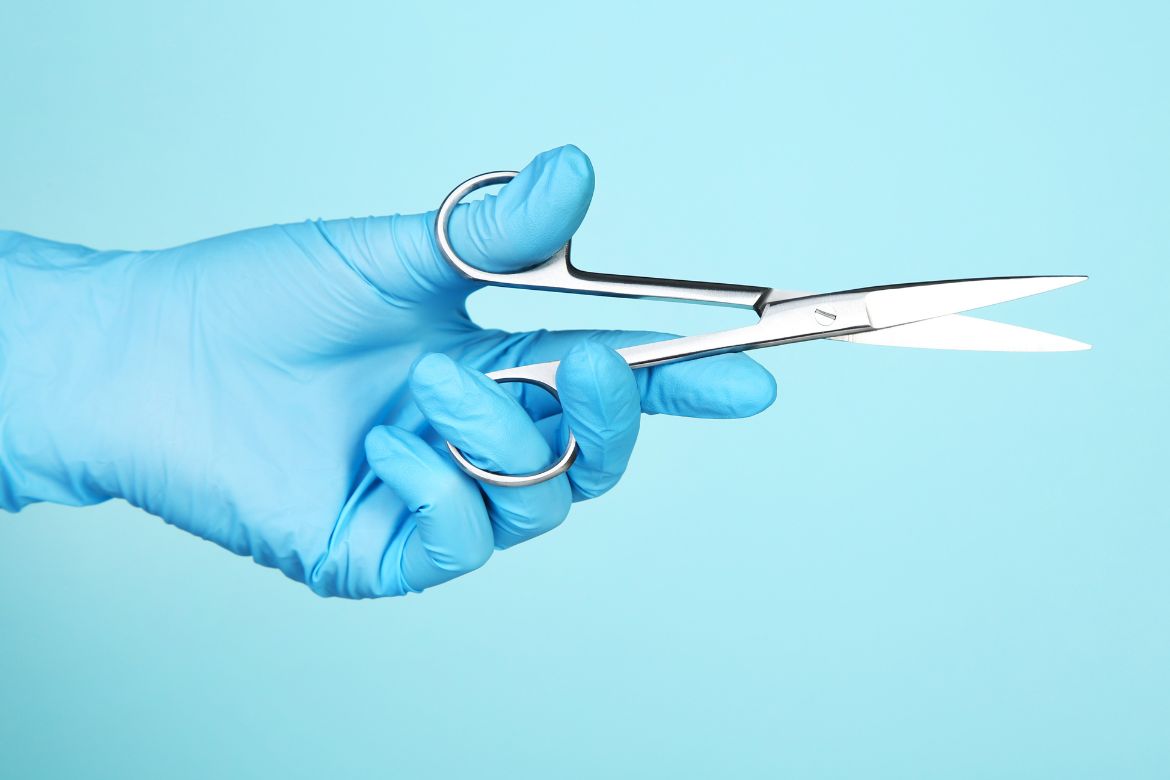Tips To Maintain Your Laboratory Scissors
Laboratory scissors are essential tools in student laboratory setups for cutting various materials. As an educator or lab teacher, you want to deliver smooth lessons in the lab with adequate tools. Explore tips you can share with your students to maintain laboratory scissors.
How To Handle Lab Scissors Properly
Handling lab scissors properly is a fundamental practice that every student in your lab should observe. Remember to use each type of scissors for its specific purpose. For example, avoid using paper-cutting scissors to trim plant samples—doing so may damage and dull the blades. Considering your cutting applications is key when choosing scissors for your lab.
Be gentle when using lab scissors, and avoid twisting or bending the blades. Additionally, practice caution when passing the scissors to another person or when reaching for them, as they could injure themselves. Lastly, avoid dropping the scissors, as this may lead to injuries or bent, chipped blades.
Tips for Storing Laboratory Scissors
Safe storage keeps lab scissors in good working condition: sharp and durable. Start by cleaning and disinfecting the scissors after every use. Note their materials so you can choose the appropriate cleaning agent for their blades. For instance, stainless steel scissors may require a different cleaning solution than plastic.
Once your scissors are clean, dry them thoroughly to prevent rusting or corrosion. Store your laboratory scissors in a designated, dry location away from direct sunlight and humidity. If possible, use blade guards or cases to protect the scissors while in storage.
Oil and Sterilize Your Lab Scissors Regularly
To keep scissors working smoothly, oil the pivot points where the blades meet approximately once a month. This practice reduces friction and prevents rust from forming. Open and close the scissors several times to distribute the oil evenly.
Sterilizing your lab scissors eliminates bacteria or contaminants that may have clung to the blades. You can accomplish this by dipping the blades in alcohol or another sterilizing solution and allowing them to dry completely before storing.
Sharpen Laboratory Scissors Regularly
Don’t forget the importance of sharpening your laboratory scissors! Sharp scissors work well when cutting various materials. Sharpen your lab scissors routinely, depending on their usage pattern. Consider professional sharpening services, or invest in a reliable sharpening tool and learn the correct technique to do it yourself.
Taking good care of your lab scissors is vital for their performance, longevity, and student safety. By following these tips to maintain your laboratory scissors, you’ll keep them in excellent working condition so you can carry out your lab tasks efficiently.

